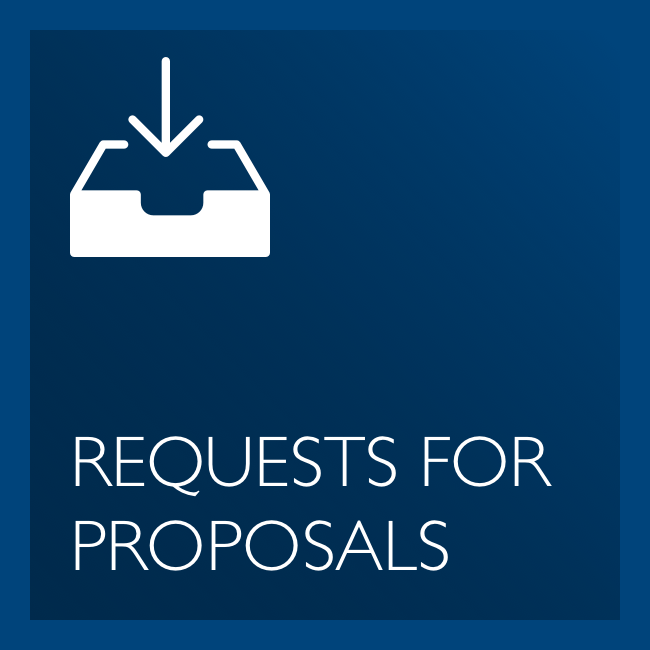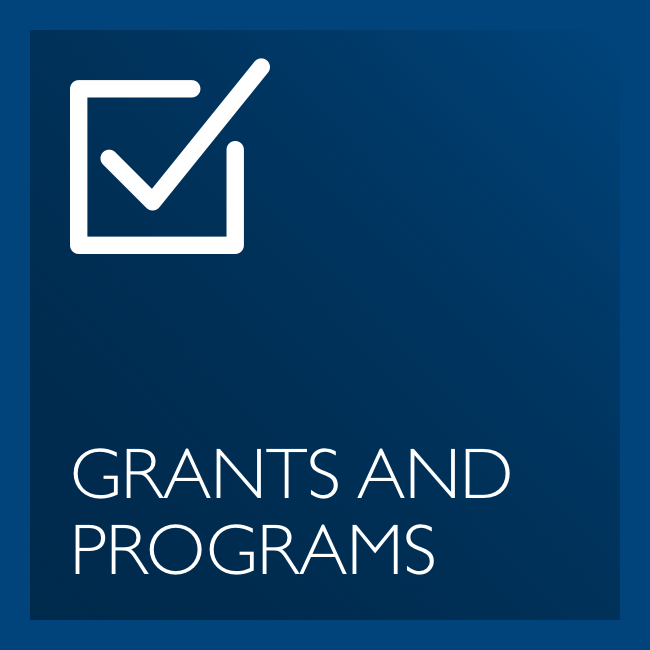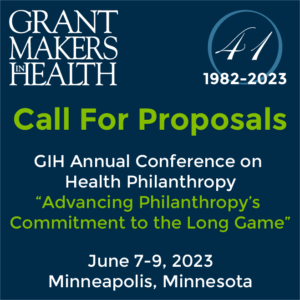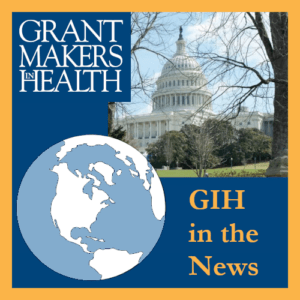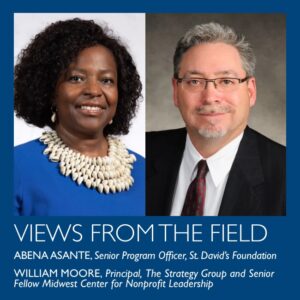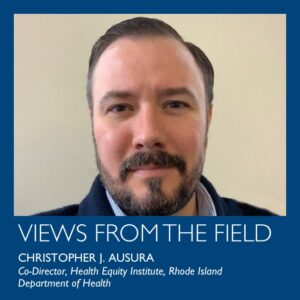Philanthropy @ Work – Transitions – August 2025
The latest on transitions from the field.
Philanthropy @ Work – Grants and Programs – August 2025
The latest on grants and programs from the field.
Frequently Asked Questions Regarding GIH Funding Partner Giving Levels Adjustment
How do you calculate the requested contribution for non-traditional funders, or for funders with no payout requirements such as operating foundations, 501c4 foundations, etc.? GIH has enjoyed excellent relationships and benefitted from the participation of non-traditional funders in our network. In situations where it is difficult to calculate a request based on annual health funding,…
2023 GIH Annual Conference: Call for Proposals
We invite you to submit a session proposal for the 2023 Grantmakers In Health Annual Conference on Health Philanthropy, “Advancing Philanthropy’s Commitment to the Long Game.”
GIH in Nonprofit Quarterly: Health Funders Call on Philanthropy to Support Power Building
The 2022 Grantmakers In Health (GIH) annual conference was the subject of a September 19, 2022 Nonprofit Quarterly article exploring health philanthropy’s changing approach to community engagement, as well as the role of health conversion foundations in the field.
Cara V. James Interviewed on TED Health Podcast: Advancing Public Health
Grantmakers In Health President and CEO Cara V. James was interviewed by Shoshana Ungerleider on the September 21, 2022 episode of the TED Health podcast about challenges faced by the U.S. public health system.


